|
Here’s a really cool example of finding something within you and offering it to the world: This student came to us really thirsty to find meaning and purpose but was really struggling to find it. He describes the process of finding something within him that he could offer the world around him in the following way:
This student also washed cars to raise funds for the materials he used, and managed to fund them almost entirely on his own, which I believe added a sense of ownership and empowerment to the experience.
"I personally found this project profoundly meaningful and moving, but I also happen to know that it was tremendously touching to the families." He and I visited some of the families after the project. One of them in particular, the mother with the son in the wheelchair in the picture. She was so grateful, moved to tears to see our student, asking repeatedly when she’d see him again. You know, I think she was thankful for the ramp he built, but I got the sense that she was more grateful that he had shown care for her and her son, she was grateful that he had played Legos with her son and valued him as a person. I don’t think this young man is going to go on to work in construction or washing cars; that’s not necessarily what he found within him. I think he found that taking initiative to help the world around him motivates him and gives him energy. I imagine that will become a central part of his identity.
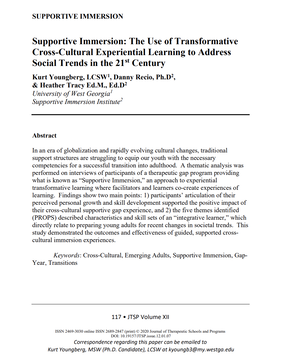 Abstract: In an era of globalization and rapidly evolving cultural changes, traditional support structures are struggling to equip our youth with the necessary competencies for a successful transition into adulthood. A thematic analysis was performed on interviews of participants of a therapeutic gap program providing what is known as “Supportive Immersion,” an approach to experiential transformative learning where facilitators and learners co-create experiences of learning. Findings show two main points: 1) participants’ articulation of their perceived personal growth and skill development supported the positive impact of their cross-cultural supportive gap experience, and 2) the five themes identified (PROPS) described characteristics and skill sets of an “integrative learner,” which directly relate to preparing young adults for recent changes in societal trends. This study demonstrated the outcomes and effectiveness of guided, supported crosscultural immersion experiences. Keywords: Cross-Cultural, Emerging Adults, Supportive Immersion, GapYear, Transitions Cite this article: Youngberg, K., Recio, D., & Tracy, H. (2020). Supportive Immersion: The Use of Transformative Cross-Cultural Experiential Learning to Address Social Trends in the 21st Century. Journal of Therapeutic Schools and Programs, XII, 117–138. doi: 10.19157/JTSP.issue.12.01.07
by Dr. Danny Recio, PhD, Program Director of The Bridge
Cultural immersions have been historically perceived and studied as a negative, kind of shocking experience (aka “culture shock”), but research now tells us quite the opposite: that these experiences can help us grow beyond what we ever imagined! Intercultural encounters can help us shift and restructure our mental structures, allowing us to make significant growth and life changes.
In our brain, learning happens through the creation of mental structures called schemas. These structures are very useful because they allow us to be more efficient in processing and making meaning of the world around us, which in turn allows us to respond more efficiently to life’s challenges. On the other hand, schemas create blindspots. As we use existing schemas to assess new situations, our brains may ignore or overlook important incoming information and misjudge it, thus behaving in ways that ignore or overlook more beneficial alternatives.
We reinforce schemas through a process called “assimilation”, but can morph or add new schemas through a process called “accommodation”.Accommodative learning contributes more to personal development, as it allows us to change our cognitive structures to adapt to new life conditions and keep on growing. If you want to learn more about schemas, assimilation and accommodation, watch this short video by ByPass Publishing:
As people make more and more accommodative leaps, their schemas grow, and the connection between these structures does too, leading to the development of a highly useful cognitive skill called integrative complexity. Those who possess this skill can take in many perspectives on a situation, collect information from all those perspectives, and come up with efficient and effective solutions to life problems. Research has recently revealed that cross-cultural immersions can lead to the development of higher levels of integrative complexity, because when you interact with people with different schemas, traditions, lifestyles, and worldview, these challenge you to expand and adjust your own. Watch our students reflecting on their cultural immersions, and how they have changed their worldview:
With regards to psychological and emotional growth, the skill of integrative complexity can be very useful, as when people are struggling in these areas, they are often stuck repeating unhealthy patterns, are failing to see or act on other alternatives and thus their solutions to life problems end up being inefficient. However,when they are deliberately exposed to other cultures through a person-centered therapeutic experiential learning approach such as our supportive immersion model, they discover new ways of being that break through old schemas, and build new and more efficient ones.
Through our experience with our students in conjunction with the literature available, we have found four main benefits that come from cross-cultural supportive immersions:
Check out Danny's presentation (along with Andy Myers) at YATA conference (October 2016)!
by Malcolm, written for the NSA student publication, The Milieu 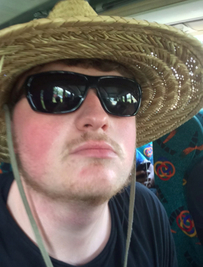 As a great six months in a tropical paradise comes to a close, one phrase comes to mind: Pura Vida. The time I have spent here in Costa Rica has been eye opening. I have had the marvelous opportunity to experience so many different things. The thing that I believe will stay with me the longest is the culture. This has come in many different varieties: getting on a public bus at six in the morning well knowing I was going to sit in traffic for at least an hour and a half, for example. This experience has been the cornerstone in my development into an international citizen. I came here knowing barely any Spanish and now I can have an hour or more long informal conversation with a Tico. This did not come from a Spanish class it came from living in a culture that is different from my own. Not only can you use transport or learn a language way faster. You can eat some ridiculously good food. Olla de Carne, casados, mamonchinos, Gallo Pinto, jacotes, and the big two; Chicharones and Ceviche. All of these are just a small example of the diverse food selection that any one can experience in one of Costa Rica's many sodas. All of the things that I have learned have taught me about myself and who I want to be in my future. The importance of family and friends is something that I used to take advantage of and now it is something that I cherish. If I could advise anyone in this world about anything it would be to never pass up an experience that lets you expand your own horizons. Take a gap year, move somewhere new, try a new food what ever it is. You never know that experience could be the one you tell your grandkids about in 60 years. My grandkids will hear about my experiences in the great land of Costa Rica. PURA VIDA, Malcolm Graduation Tribute Video:
https://www.facebook.com/SummitToSummitBridgeProgramS2s/videos/2703898069647805/ We were part of Costa Rica's biggest pilgrimage, walking 15km to the famous Los Angeles cathedral. We supported the thousands of other pilgrims in their petitions and also petitioned for our friends and family.
|
Categories
All
Archives
April 2024
|
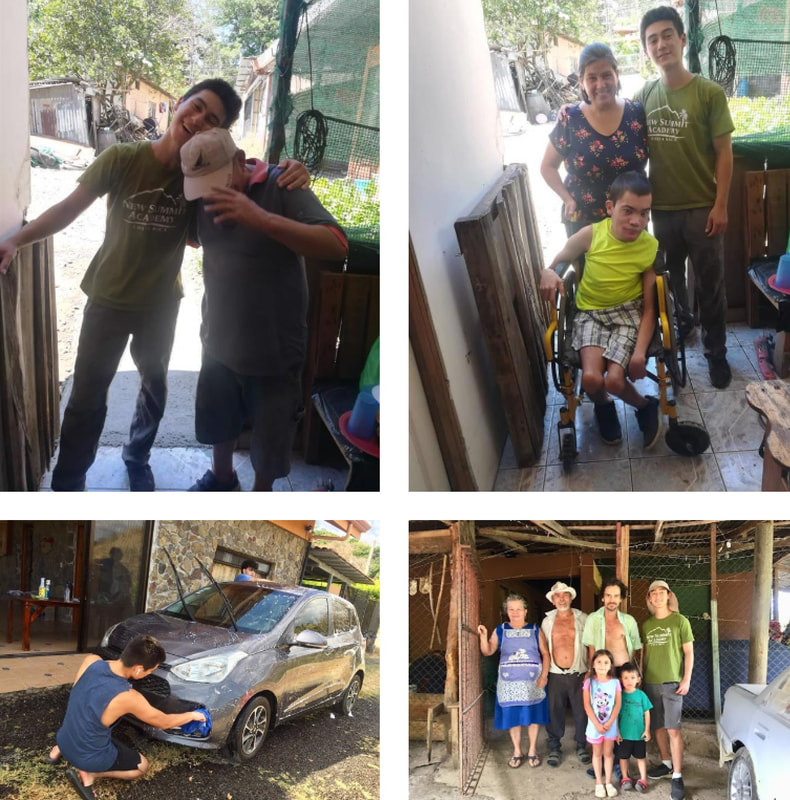
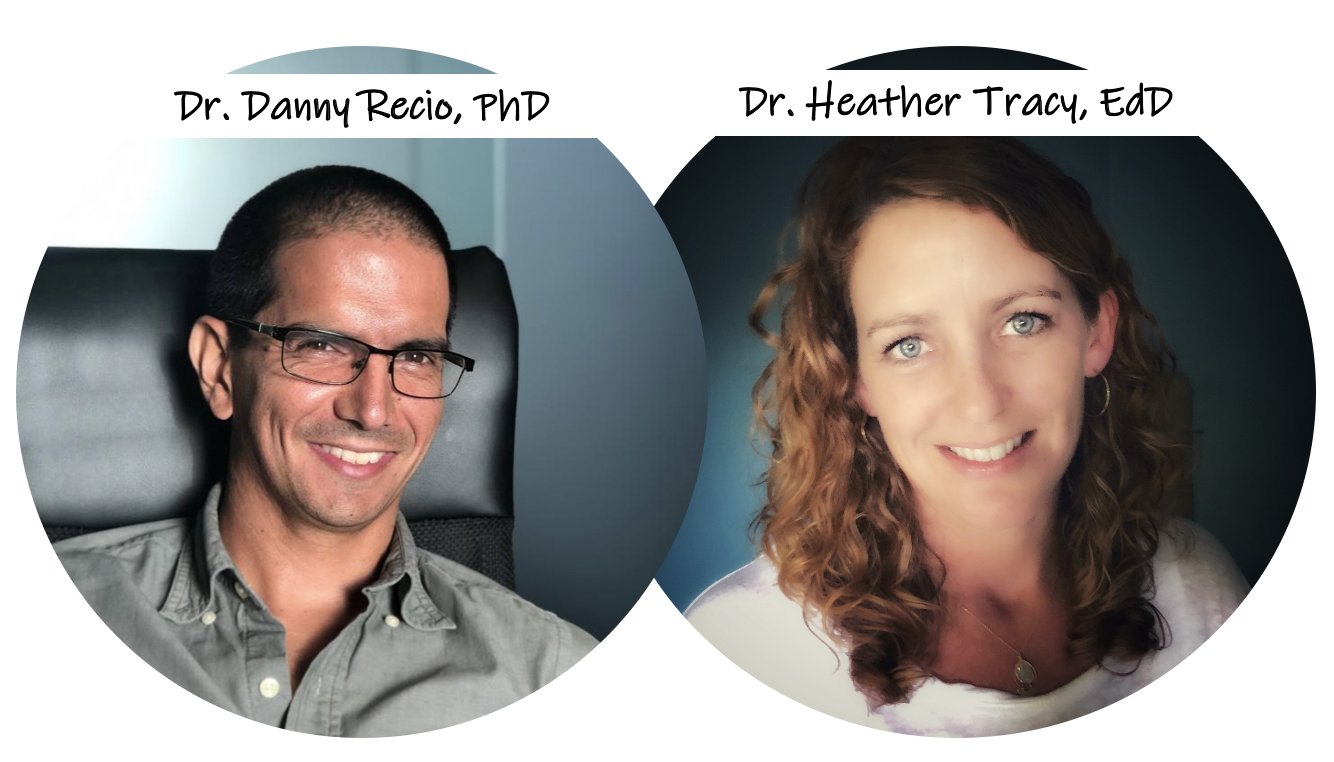
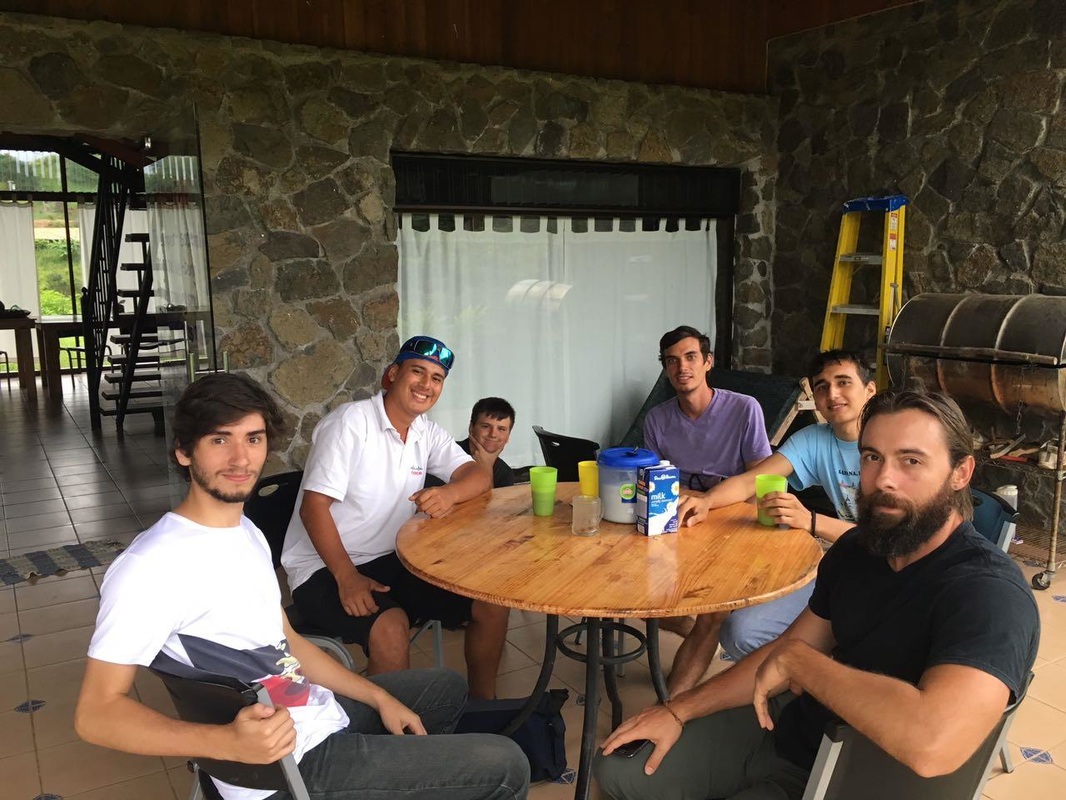
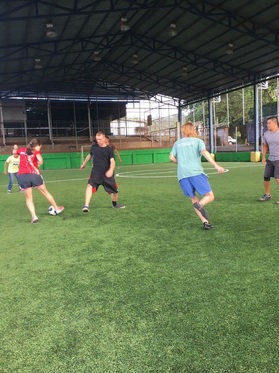
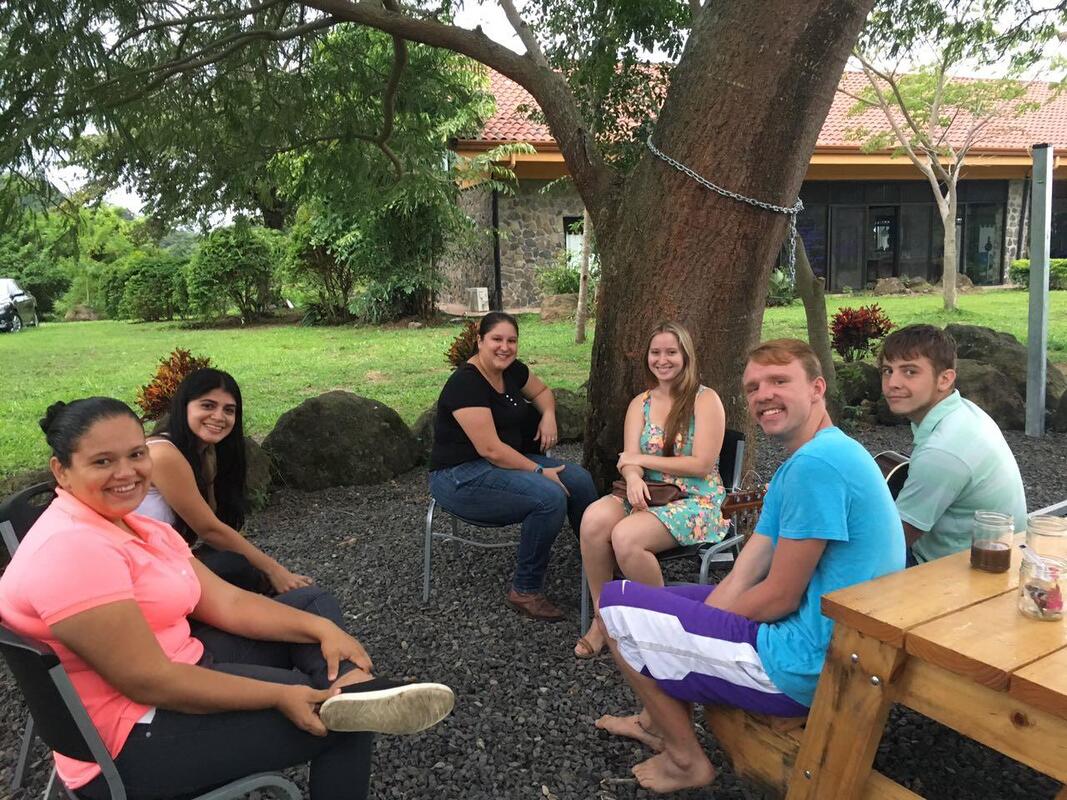
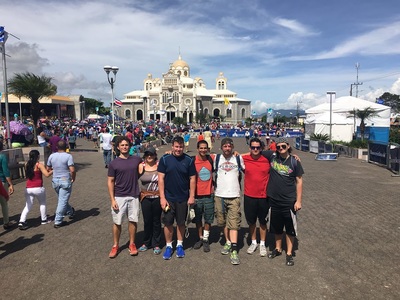
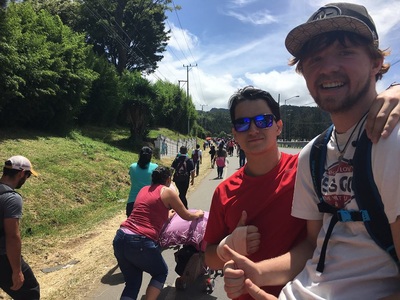
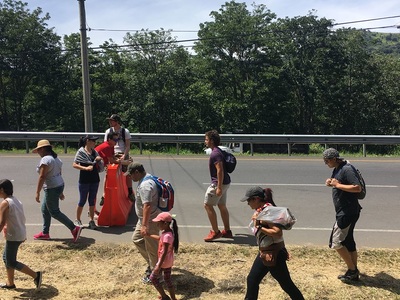
 RSS Feed
RSS Feed